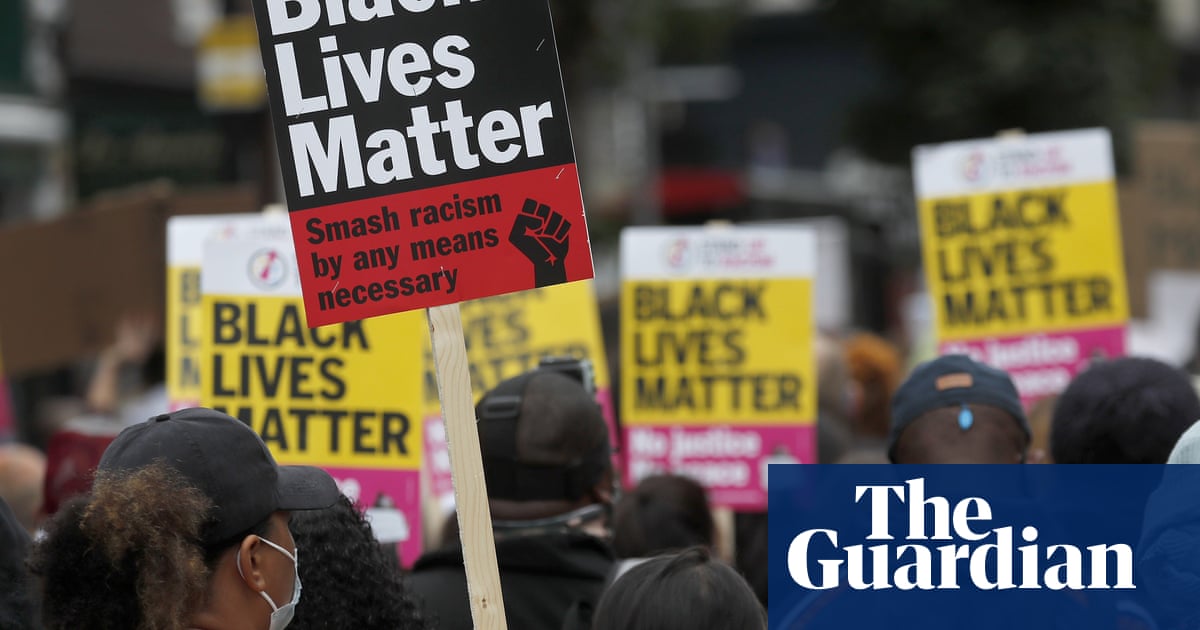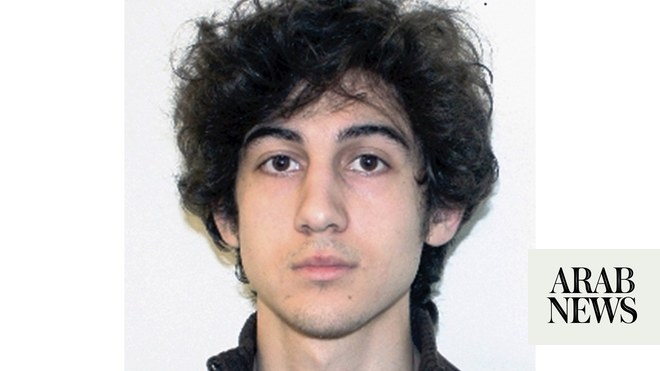
A California appeals court issued a landmark ruling on Friday that challenges some of the basic assumptions -- and causes of persistent racial bias -- that underlie the American system of jury selection.
Justice Jim Humes ordered the retrial of a 2016 double-murder in Contra Costa County because a Black woman was eliminated from the jury pool for supporting Black Lives Matter. Prosecutors moved to strike Crishala Reed for reasons “plainly tied to race” and because of their negative biases against Black Lives Matter, the court said. The opinion observed that the Black Lives Matter movement -- much like earlier Black civil rights movements -- has been falsely portrayed as lawless.
Prosecutors in various states have argued that supporters and people involved with the Black Lives Matter movement or its ideology can’t be impartial toward law enforcement. Courts in North Carolina and Minneapolis, for example, have allowed jurors to be struck on that basis, according to The Marshall Project in July 2020.
In the California case, People v. Silas, both the prosecutor and lower court judge apparently and incorrectly believed that the movement is violent and lawless, and suggested that a juror who is supportive or associated with Black Lives Matter may be incapable of serving on a jury.
A lower court ruling that the defendants hadn't presented a solid case of discrimination was incorrect, Humes found, given “the prosecutor’s inappropriate questioning about Black Lives Matter, the absence of any clear and legitimate nondiscriminatory reasons for striking" Reed, "and the evidence of at least some historical discrimination by the prosecutor and other district attorneys in her office."
The Contra Costa County District Attorney’s office didn't answer my questions for this column.
The court’s ruling incorporates the principles of a forceful argument made by Howard University School of Law professor Tiffany Wright and other advocates who filed an amicus brief in the case: that support for Black Lives Matter is inextricably bound up with race and doesn’t render a person unfit for jury service.
The brief was filed on behalf of California’s Office of the State Public Defender, the MacArthur Justice Center and other civil rights groups. They argued further that even allowing that line of inquiry in certain cases undermines judicial principles of equity and the public’s confidence, although Humes stopped short of adopting that position.
Still, the opinion stands out for its thoughtful unmasking of the assumptions that underlie a prosecutors’ reasons for striking a non-white juror.
Prosecutors can strike a juror without explanation -- known as a peremptory strike. It's unlawful to do so based on race, ethnicity or sex, but courts often conduct only a cursory inquiry before accepting their explanations.
Humes’ opinion notes a 2004 case called People v. Allen in which a California trial court accepted “a different Contra Costa County prosecutor’s ‘meaningless explanation’ for a peremptory strike of a Black prospective juror,” for example.
The prosecutor in People v. Silas said she moved to strike Reed because she was “openly hostile” when questioned about Black Lives Matter. The prosecutor, Humes wrote, also said Reed refused to admit that some people within the movement riot or destroy property, had a negative view of law enforcement, and had arrived late.
But court transcripts show Reed simply had an “understandable negative reaction” to the prosecutor’s questions, which included the incorrect assumption that Black Lives Matter is lawless, according to the opinion.
Reed did, in fact, admit that some people have destroyed property during demonstrations.
She didn’t say anything to suggest she held a negative view of law enforcement. The opinion said the prosecutor didn’t even ask questions to ascertain whether Reed held such a view. Moreover, there were non-Black jurors who gave answers that did indicate a negative view of law enforcement, but the prosecutor didn’t try to strike those people.
Reed also wasn’t tardy. The prosecutor had merely confused one Black woman with another, Humes wrote.
The lower court judge nonetheless gave credit to the prosecutor’s explanations, after parroting some of the same misconceptions about Black Lives Matter being a violent and destructive movement.
California’s attorney general, Rob Bonta, also stepped into the case and argued, unsuccessfully, against a finding of discrimination. (The attorney general said Reed’s demeanor and reactions to the prosecutors’ questioning were the basis for the strike, rather than her support of Black Lives Matter.)
Bonta's offices didn't respond to my request for comment.
Wright, now co-director of Howard's Human and Civil Rights Clinic, co-authored the amicus brief with colleagues at Orrick Herrington & Sutcliffe.
She told me the ruling is broader than it appears because of the specific holding that the prosecutor’s questions were biased and inflammatory.
“It doesn’t take much for questioning to turn inflammatory when you’re dealing with a case where Black Lives Matter is irrelevant” or when your questions are based on false premises, Wright said. “And if there isn’t a good explanation for why you’re asking about it, then it’s questionable whether a strike related to Black Lives Matter is race-neutral.”
Wright added that there are tougher issues of potential bias to tackle regarding certain common questions to jurors “that a lot of courts have said are fine and race neutral” -- about experiences with law enforcement and views of the justice system, for example.
“It’s a real problem that it’s fine to strike people from a jury if they’ve had bad experiences that shaped their view of law enforcement, especially when we know Black folks have a different experience with police,” Wright said. “People are getting struck for having experiences that happen to them just because of who they are.”
California actually modified its framework for jury selection in 2020, according to the opinion, although the legislation only applies to trials that begin after Jan. 1, 2022. Its new rules specify that judges should consider implicit and institutional biases in jury selection, and include an explicit legal presumption that certain explanations for challenges are invalid -- like expressing distrust of law enforcement or having a negative experience with the legal system. (Humes noted that the reasons offered for striking Reed "will soon be presumptively invalid" under the new law.)
Other states have adopted or are considering similar changes to reduce bias in jury selection, including Washington state, Connecticut, New York, and New Jersey, while Arizona recently became the first to eliminate peremptory challenges altogether.
Humes’ ruling is another important instance of the U.S. judiciary recognizing the biases built into processes we now take for granted and working to correct or address that discrimination.
(Opinions expressed here are those of the author. Reuters News, under the Trust Principles, is committed to integrity, independence and freedom from bias.)












